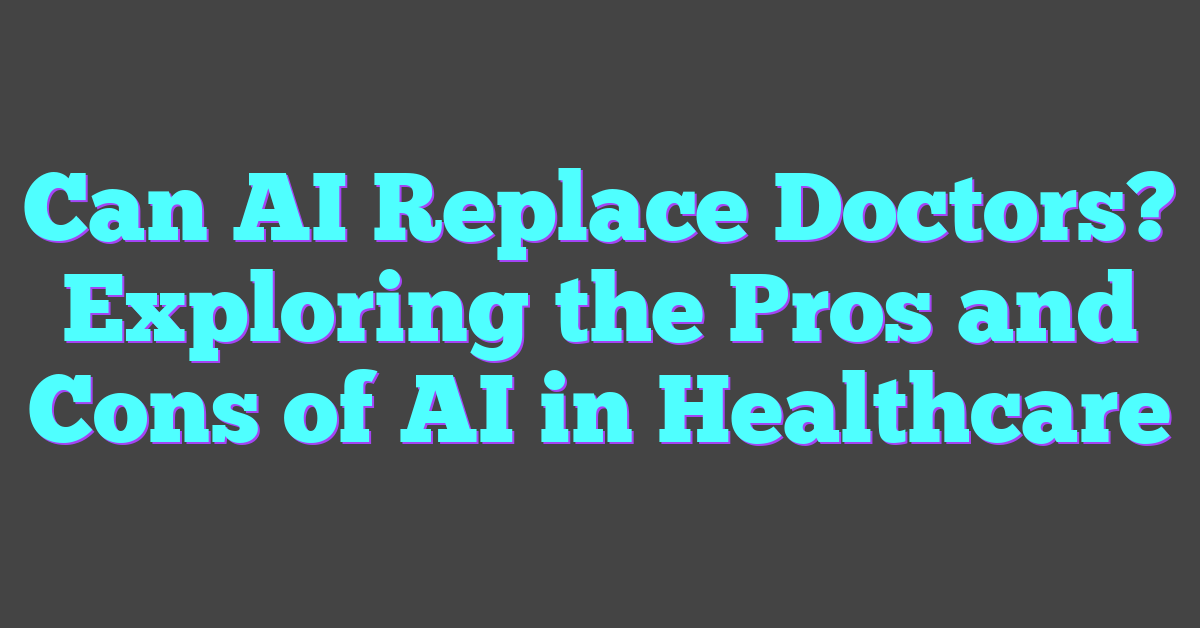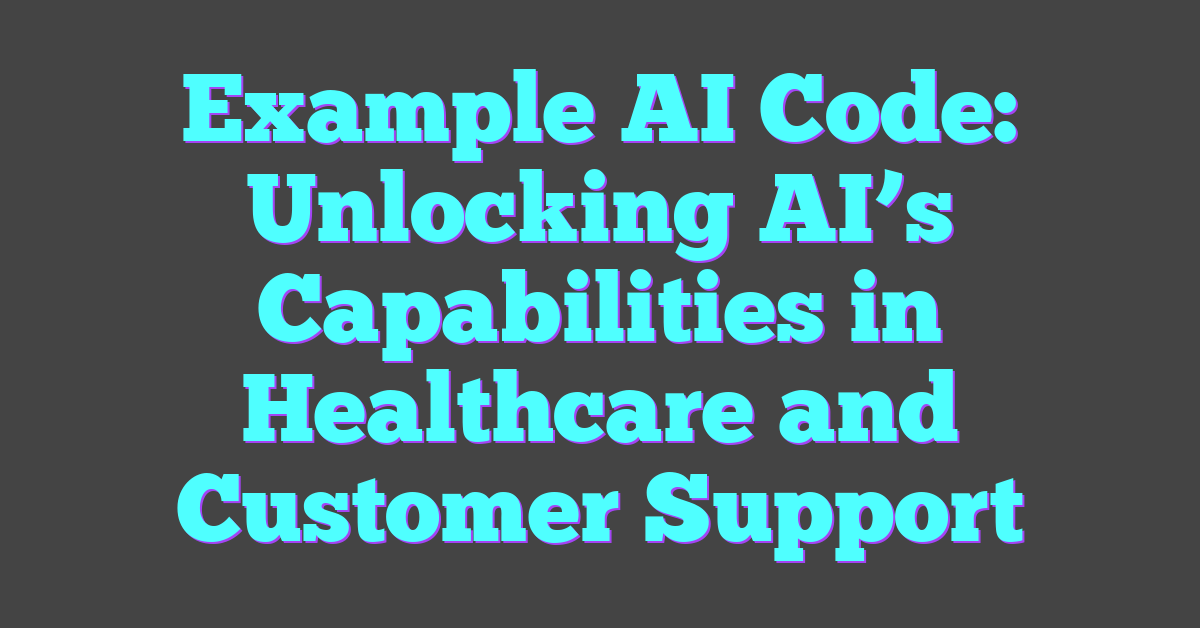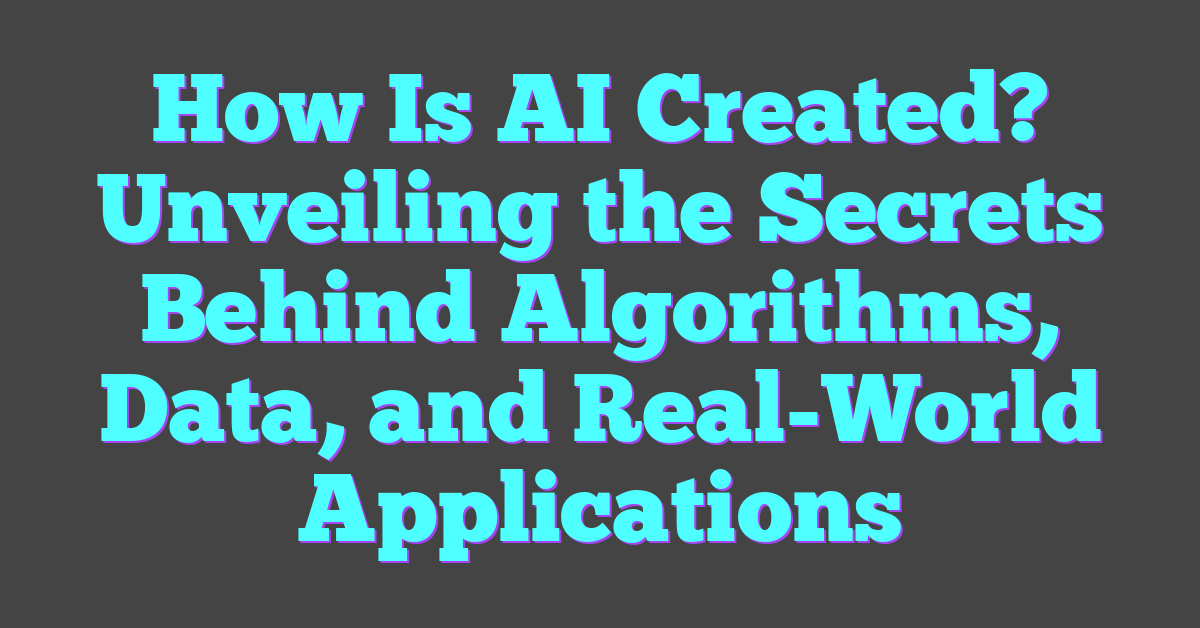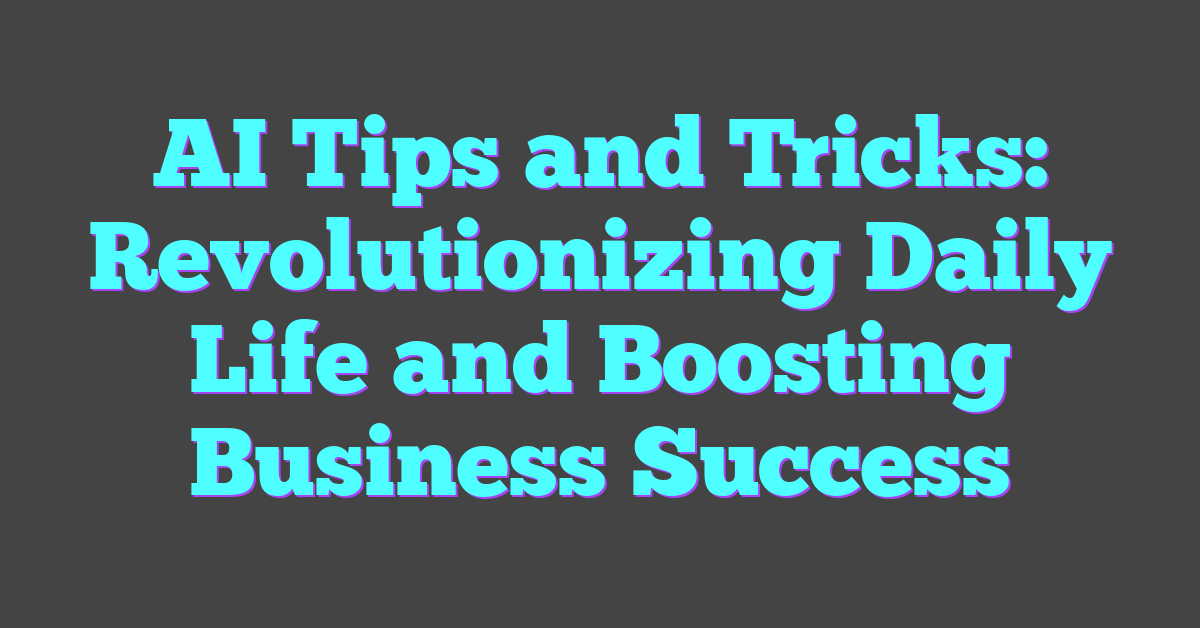Ever wondered how artificial intelligence can create music that resonates with human emotions? AI music is no longer a futuristic dream; it’s a reality that’s transforming the way we compose and enjoy melodies. Whether you’re a seasoned musician or just curious about the tech, diving into AI music can be an exciting journey.
In this article, readers will explore the basics of AI music creation, from understanding the underlying technology to experimenting with user-friendly tools. Discover how algorithms can generate harmonious tunes and even collaborate with human creativity, making music production more accessible and innovative than ever.
Understanding AI in Music Production
Artificial intelligence is reshaping music production by blending technology with creativity. This section delves into AI music’s essence and its historical development in the music industry.

What Is AI Music?
AI music refers to compositions generated or assisted by AI algorithms. These systems learn from vast datasets of music, analyzing patterns, melodies, and styles to create new pieces. Unlike traditional software, AI doesn’t follow preset rules; it adapts and evolves through machine learning. Examples include OpenAI’s MuseNet and Google’s Magenta, which produce genres from classical to jazz.
The Evolution of AI in Music
AI’s journey in music started with early experiments in algorithmic composition. In the 1950s, composers like Lejaren Hiller used primitive computers to generate music. As technology advanced, so did AI’s capabilities. The 1990s saw AI producing rudimentary melodies. Fast forward to the 21st century, AI algorithms now generate complex compositions and collaborate with artists, exemplified by IBM Watson collaborating with Alex Da Kid. Integrating deep learning and neural networks has elevated AI’s role in music, making it an innovative co-creator rather than just a tool.
Essential Tools for AI Music Creation
Creating music with AI blends technology and artistry seamlessly. Essential tools for this process include both software and hardware components.
Software Requirements
AI music creation relies heavily on robust software. Popular platforms include:
- Amper Music: This AI-driven platform lets users compose and produce tracks quickly. It provides various musical styles and genres, suitable for beginners and professionals.
- AIVA (Artificial Intelligence Virtual Artist): AIVA generates sheet music for original compositions. It excels in classical music creation and offers the option to edit and refine compositions.
- Magenta Studio: Developed by Google, Magenta Studio includes a suite of tools for music generation using machine learning. It integrates smoothly with Ableton Live, making it ideal for more complex musical projects.
- Jukedeck: Known for composing royalty-free music, Jukedeck’s AI adapts to emotional themes and tempo preferences, suiting various multimedia needs.
These platforms use AI algorithms to analyze vast musical datasets, enabling efficient and innovative music production.
Hardware Requirements
Effective AI music creation also necessitates certain hardware:
- High-Performance Computers: Advanced music software often requires significant processing power. Computers with multi-core processors, ample RAM (16GB or more), and dedicated GPUs facilitate smoother and faster operations.
- MIDI Controllers: For hands-on interaction, MIDI controllers allow users to input melodies directly. Popular options include Akai MPK Mini and Novation Launchkey.
- Audio Interfaces: High-quality audio interfaces like Focusrite Scarlett 2i2 ensure low-latency sound input and output. This hardware is crucial for recording vocals and instruments.
- Studio Monitors and Headphones: Accurate sound monitoring is essential. Studio monitors like KRK Rokit or headphones like Sennheiser HD280 provide clear audio for precise editing.
This combination of software and hardware forms the foundation of effective AI music creation, enabling creators to experiment and innovate freely.
The Process of Making Music with AI
Making music with AI integrates advanced machine learning algorithms and human creativity. The following subsections break down this fascinating process.
Step-by-Step Guide
- Data Collection: AI requires extensive musical datasets for training. These datasets include various genres, instruments, and rhythms. Example: classical compositions, jazz improvisations, and electronic loops.
- Algorithm Selection: Various algorithms serve different purposes. For melody generation, use recurrent neural networks (RNN). For style transfer, use generative adversarial networks (GAN).
- Training the Model: Input musical data sparks the training process. The algorithm learns patterns and structures. High-performance computers expedite this phase.
- Generating Music: Post-training, the AI generates new compositions. Use tools like Magenta Studio or AIVA for this step. Generated music can vary by adjusting parameters.
- Human Refinement: While AI provides the framework, human intervention polishes the piece. Artists adjust tempo, add vocals, or refine instrumentals.
- Final Production: Optimize the final track using audio software. Examples: mixing in Ableton Live or mastering in Logic Pro.
- Start Simple: Choose beginner-friendly AI tools like Amper Music. These platforms offer user-friendly interfaces.
- Understand Basics: Grasp fundamental music theory and machine learning concepts. Online courses on Coursera can help.
- Experiment Freely: Explore different genres and styles. AI encourages experimentation without the constraint of fixed rules.
- Join Communities: Engage with AI and music creation communities. Forums like Reddit’s r/musictheory and r/MachineLearning offer valuable insights.
- Learn from Examples: Study AI-generated music and learn from its structure. Analyze tracks produced by tools like Jukedeck.
Combining AI and music production opens vast avenues for creativity, pushing the boundaries of traditional music creation.
Ethical Considerations in AI Music
AI music creation is revolutionizing the music industry, but it raises various ethical concerns. Addressing these is essential for responsible innovation.
Issues of Creativity and Ownership
Creativity in music has traditionally been a human domain. With AI like AIVA composing music, questions arise about the originality of AI-generated content. Who owns the music— the developer of the AI, the user, or the AI itself? Intellectual property laws do not yet fully address these complexities, leading to potential disputes over ownership. Additionally, there is a concern that AI could dilute human creativity by producing music that lacks the emotional depth and cultural significance of human-composed works.
The Future of Music Composition
AI advancements promise a significant shift in music composition. By using AI tools, composers can generate new music quickly, experiment with unique styles, and collaborate directly with technology to push creative boundaries. However, if not regulated, these advancements could lead to an oversaturated market with homogenized content. Establishing guidelines and best practices will be critical in ensuring that AI enhances rather than diminishes the richness and diversity of global musical expression.
Benefits and Challenges of AI-Generated Music
AI-generated music offers numerous advantages and introduces certain challenges, making it a unique field to explore for both technology enthusiasts and music creators.
Advantages of Using AI
Efficiency: AI can generate music quickly, allowing creators to produce multiple tracks in a short time. Tools like Amper Music create compositions within minutes, streamlining the creative process.
Cost-Effective: Using AI can reduce production costs. Traditional music production requires studios, instruments, and personnel, while AI tools only need software and hardware, making it more accessible.
Customization: AI allows high levels of personalization. Advanced algorithms can tailor music to specific moods, genres, or user preferences, offering unique experiences with each composition.
Innovation: AI introduces new sounds and compositions that would be difficult for humans to conceive. It pushes creative boundaries and fosters innovation, as demonstrated by tools like AIVA.
Potential Drawbacks
Originality Concerns: AI-generated music can sometimes lack the emotional depth of human-created music. Algorithms may rely heavily on existing musical patterns, raising questions about originality.
Complexity: Creating and fine-tuning AI models requires expertise in machine learning and music theory. Not all creators have the technical skills necessary, leading to a steep learning curve.
Data Dependency: AI relies on large datasets for training. If these datasets are biased or limited, the resulting music might lack diversity, reflecting the limitations in the input data.
Ethical Issues: Ownership and copyright of AI-generated music remain unclear. The legal landscape is still evolving, posing challenges in protecting intellectual property and ensuring fair compensation.
Conclusion
AI’s role in music creation is undeniably transformative, blending human creativity with cutting-edge technology. While tools like Amper Music and AIVA offer incredible efficiency and customization, they also bring challenges around originality and ethical considerations. The collaboration between humans and AI opens up new possibilities for innovation in music. However, it’s crucial to establish regulations that address intellectual property rights and ensure fair compensation. As the landscape evolves, the balance between leveraging AI’s capabilities and preserving the essence of human artistry will shape the future of music.
Frequently Asked Questions
What are some key tools used in AI music creation?
Tools like Amper Music and AIVA (Artificial Intelligence Virtual Artist) are widely used in AI music creation. These tools help in composing soundtracks and songs by collaborating with human creativity.
Who are some notable players in AI music creation?
Notable players include IBM Watson and Alex Da Kid. They have been instrumental in integrating AI with human creativity to create innovative music pieces.
What are the benefits of AI-generated music?
AI-generated music offers several benefits including efficiency, cost-effectiveness, high customization, and fostering innovation. These advantages help in producing quality music swiftly and affordably.
What challenges are associated with AI music creation?
Challenges include concerns about originality, the complexity of model creation, heavy data dependency, and ethical issues related to ownership and copyright.
How does AI contribute to the efficiency of music creation?
AI can automate repetitive tasks, analyze large datasets quickly, and generate music patterns, significantly reducing the time required to produce new music pieces.
Why is customization considered an advantage of AI-generated music?
AI allows creators to tailor music to specific needs or tastes, offering personalized experiences and unique soundscapes that can be adapted to various contexts.
What are the ethical issues surrounding AI in music creation?
Ethical issues include questions about intellectual property rights, fair compensation, and ownership of AI-generated content, necessitating clear regulations.
How does AI innovation impact the music industry?
AI innovation brings new opportunities for creativity, enabling novel compositions and collaborations that might not be possible through traditional methods.
Why is data dependency a challenge in AI music creation?
AI models require extensive datasets to function effectively. Obtaining high-quality and diverse music datasets can be challenging, impacting the performance of AI in music creation.
What role does regulation play in AI music?
Regulation is crucial to address issues like intellectual property rights, ensuring fair compensation, and navigating the ethical complexities associated with AI-generated music.




